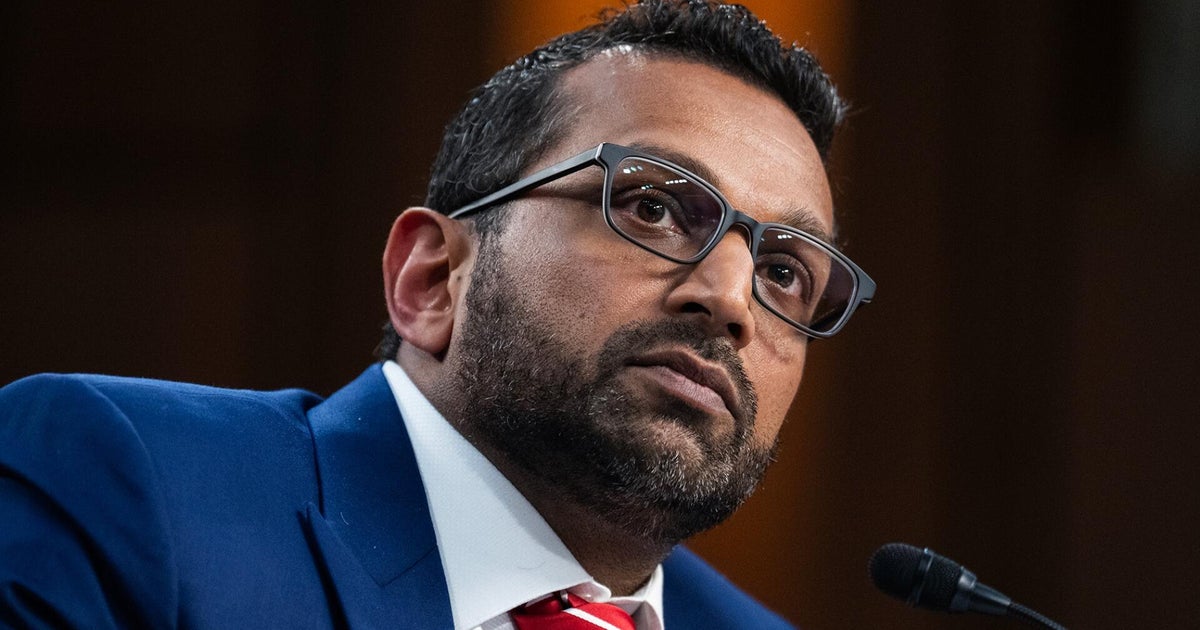By Kurt Mayell
September 9, 2025 — 12.22pm
Recent volatility across sharemarkets globally has been a stark reality check to investors just how quickly the mood and momentum in markets can change. It has also stoked fear that we may be on the verge of a major market correction.
This raises the question of what causes sharemarkets to crash and how investors can best prepare their portfolios.

As markets continue to rally, investors remain concerned about a major crash. Here’s how to prepare you and your portfolio.Credit: Dionne Gain
There are many common factors that can lead to a sharemarket crash:
Economic bubbles. When there is excessive optimism that leads to a sharemarket bubble, which has the potential to burst and cause a market crash.
Speculation. Investors purchase stocks with the hope of them becoming more valuable in the future. This is often focused on a particular sector or industry. For example, the dotcom bubble focused on speculation of technology stocks, whereas the global financial crisis originated from the real estate sector.
Loading
Political uncertainty/tension. The sharemarket usually thrives when political ties and international relations are strong. Therefore, if there is any threat of political tension, war or terrorism, this can drive sharemarket prices down.
Excessive leverage. Trading on margin comes with many risks, and one of them is that when the markets drop, investors may be forced to exit their trade, which can lead to excess supply flowing back into the market, leading to a further decrease in prices.
Panic selling. Panic can usually be attributed to one or more of the above factors as a sharemarket crash is rarely caused by one factor alone. As investors panic-sell, share prices fall, which can cause a market crash.
We have been here before
While many are saying this time is different because of the unilateral policies of US President Donald Trump, we have experienced major sharemarket crashes as far back as the early 1900s:
Wall Street crash of 1929. In the US, following WWI was the Roaring Twenties, when the New York Stock Exchange reported an overall rise of almost 300 per cent. However, this period of heavy speculation, overindulgence and excessive optimism led to the Wall Street crash in October 1929 – considered the greatest market crash in US history. Across two days of chaos the Dow Jones fell by 23 per cent, and in total the market lost approximately 85 per cent of its original value.

Traders selling off stock in the market crash in October 1987. Credit: Anton Cermak
Black Monday, 1987. This was one of the worst trading days since the Wall Street crash. A number of factors led to this sharemarket crash, such as declining oil prices, an overly optimistic speculative bubble, tensions between the US and Iran, and rising interest rates. On October 19 the Dow Jones index dropped more than 20 per cent, which was the single biggest percentage decline in its history.
The dotcom bubble. The tech-focused Nasdaq exchange rose five times in value between 1995 and 2000. However, investors soon started to realise that not every technology company could sustain its growth. Between March 2000 and October 2002 the Nasdaq index had fallen more than 75 per cent in value, which it only managed to regain 15 years later.
Loading
The Global Financial Crisis. This came to a head as investors started to realise a number of financial institutions and mortgage lenders had issued large loans to home owners that couldn’t afford to repay. This triggered panic within the sharemarket that came to a climax in September 2008 after major companies such as Lehman Brothers, Merrill Lynch and American Insurance Group (AIG) faced significant financial risk due to their exposure to mortgage-backed securities.
COVID-19 market crash. At the start of 2020, news of the novel Coronavirus (COVID-19) started to circulate. Governments for each country began to announce national lockdowns, and investors realised the extent to which the economy would be negatively affected, causing the sharemarkets to decline. The S&P 500, Nasdaq 100, Dow Jones 30 and FTSE 100 all recorded the biggest daily declines since the Black Monday crash of 1987.
How can investors protect themselves from sharemarket crashes?
Loading
The creation of electronic trading systems, and the popularity of online stock trading that allows investors to gain exposure to global assets, mean that a sharemarket crash today is much more likely to be widespread across the world.
There are many ways in which investors can protect their capital from a future market crash:
Diversify. Evaluate what sectors you have exposure to and consider spreading your risk across sectors and geographies. Building a balanced portfolio with a core holding of local and international blue-chip stocks and ETFs (Exchange-Traded Funds) can help you spread the risk.
Rebalance your portfolio. For example, you could shift your exposure into less risky assets such as blue-chip stocks, defensive stocks, bonds, high-yielding dividend stocks or ETFs. This helps to spread risk across multiple assets.
Consider investing in ‘haven’ assets, such as gold. These assets are considered a haven as they have historically performed better than other assets when the overall market is experiencing a crash. Of course, there are still risks associated with these assets, and their value is influenced by a range of other factors.
Consider risk-management controls on your positions. Stop-loss orders can help to close out your positions if your chosen buy or sell price levels are crossed, reducing the risk and likelihood of losses.
Unsurprisingly, it is very difficult to predict when the next crash will be, so it is tough for investors to predict when there will be a crash, and almost impossible to avoid them. All investors can do is have strong risk-management strategies in place, with a portfolio designed to perform across market cycles.
Kurt Mayell is head of markets ANZ for CMC Markets.
- Advice given in this article is general in nature and is not intended to influence readers’ decisions about investing or financial products. They should always seek their own professional advice that takes into account their personal circumstances before making any financial decisions.
Most Viewed in Money
Loading


















































